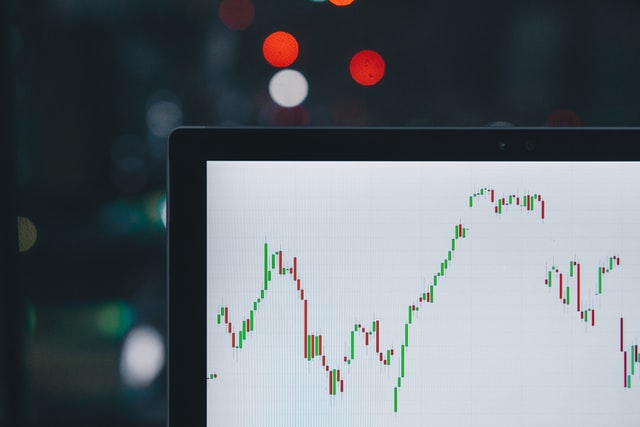Well, you’ve decided to start trading Forex and CFDs in the Middle East. You may have been approached by a broker who’s offering excellent services, or perhaps you heard about it from a friend.
Either way, this is an ideal time for you to get started with Forex Trading if you haven’t already made up your mind.
In the article below, we’ll give you some tips on what things are like in different parts of the world when trading online with CFDs and Forex Trading platforms.
So without further ado, let’s get stuck into what some of these differences between each country might mean to you as a trader. We will go through 6 questions that every new trader should know the answer to before they begin trading.
What is Forex Trading?
Forex means Foreign Exchange, and it’s where traders buy and sell currencies online in the hopes of profiting from small fluctuations in the different currency values that happen every day as various countries’ economies do more significant business with each other.
You can also trade Forex on leverage which is what CFDs are – you’re using a margin amount (minimum 20% for most brokers) to control a more significant value than you would if you were buying one currency.
When we talk about buying or selling, we mean it’s the same as if you went down to Walmart and bought $10 worth of euros – so when we say you want prices to go up, we mean the USD/EUR currency pair and not the EUR/USD.
What are CFDs?
CFD stands for Contract For Difference, and it’s a way of trading Forex and other assets like stocks, commodities and indices without actually owning the underlying asset.
So when you open a CFD trade with your broker, you agree to pay the difference in price between where you opened the trade and where it closed when you exit that position.
It’s important to remember that CFDs are geared products which means they can result in substantial losses and profits, so always trade carefully.
Where is forex trading available and unavailable?
This is where it gets a little bit complicated because there are different laws for different types of online trading.
If you want to do what’s called ‘Advisory Forex Trading’ (where you can make money by giving advice or tips to other people), then many of the brokers on our top 10 list will allow this. Advisory Forex Trading operates in most places, but usually not with leveraged CFDs like Contracts For Difference.
So if you want to open a demo or live account that has access to these kinds of products, then here are some Middle Eastern countries that we know about:
- UAE
- Kuwait
- Qatar
- Oman
- Saudi Arabia
These are all excellent jurisdictions for anyone who wants to trade Forex and CFDs. If you wish to do Full Trading (where you can both open trades and close them), then you should be looking at the USA, UK, Europe or Australia/New Zealand for that kind of trading.
What are the platform options available in the Middle East?
This is important because different brokers offer different platforms, even if they’re sharing precisely the same website URL like www.MT5Platform.com, which Alpari hosts but looks different when you visit it through FBS vs Varengold Forex Brokers, for example.
Having two separate portals also means that there’s twice as much to remember, so try not to get confused if your broker has multiple MT5 Platforms.
Do I need a middleman to trade Forex in the Middle East?
This one’s a little bit tricky because it depends on what you mean by ‘middleman’. If you’re asking if you need someone to help you open an account and then place trades for you, then the answer is no – all of the brokers listed on our website offer online account opening so you can get started right away.
If you’re asking if you need an introducing broker (IB) to receive bonuses or to have access to a certain kind of trading account, then the answer is usually yes, as most brokers only offer their services to clients through registered IBs.
However, it’s always worth checking with your preferred broker to make sure.
What are the commission rates in the Middle East?
This one also varies from broker to broker, so it’s best to check with them directly before signing up.
However, we can give you a general idea that most brokers in the region charge a commission on each trade which is generally around 0.3-0.5% of the total value of the trade.
Some brokers do offer reduced or zero commissions, though, so it’s worth checking around before you choose one. Check this here.

